Why Seagrass on Greece's Beaches Matters, Even If It Annoys Tourists
Did you know that the tedious sea grass, which we all avoid at the beach, plays a crucial role in preserving our sandy shores? Posidonia oceanica, known as sea grass, is not just an unwelcome guest on the beaches but a key protector of coastlines and biodiversity. Explore in detail how sea grass is used in Greece and beyond.
The Ecological Role of Sea Grass
Guardian of the sand
Posidonia is not just an unwanted “decoration” on our favorite beaches. Its dense underwater meadows serve as a natural barrier that prevents coastal erosion, protecting the sand from strong waves and keeping it from being washed away into the depths. When waves bring Posidonia to the shore, it stabilizes the sand, helping beaches become more stable and less prone to changes during storms.
Oxygen production in the sea
Sea grass is also known as the “lungs of the sea” because it can produce huge amounts of oxygen – up to 100,000 liters of oxygen per hectare daily. This makes sea grass a key element in combating climate change by reducing the level of carbon dioxide in the atmosphere.
Protector of marine life
In addition to stabilizing beaches, Posidonia oceanica is home to more than 1,000 species of marine organisms, including fish, crabs, mollusks, and various algae. Its underwater meadows are true sanctuaries for many species and play a key role in preserving marine biodiversity in the Mediterranean.
Interesting uses in Greece
Although tourists often avoid sea grass, Greeks have found interesting ways to use it.
Posidonia is used to make compost, fill pillows and duvets, and even produce luxury organic mattresses, which are made by only one company in Greece. Additionally, the pigments of this sea grass are used to dye Easter eggs.
Did you know that in Greece, bread and cakes are made from sea grass?
Posidonia is also used in food preparation – in some parts of Greece, bread and cakes are made with this grass. Our administrator from the group “Live from Greece” tried Posidonia bread and said: “Of unusual taste, but edible.”
Miracle-making compost
A particularly interesting story comes from the island of Kefalonia. Katerina Xenopoulou founded a sea grass composting company in 1999, turning this plant and organic waste into high-quality compost. Her company has won numerous awards for its innovative approach, and this natural compost is used in agriculture across Greece.
The Importance of Preserving Sea Grass
Although Posidonia plays a crucial role in the ecosystem, its survival is under threat. This sea grass grows very slowly – only 1 to 2 cm per year – and it takes a long time to regenerate when damaged. Therefore, its conservation is of paramount importance, especially due to its contribution to fighting climate change and protecting marine life.
Posidonia oceanica is legally protected, and its destruction is prohibited in many parts of the Mediterranean, including Greece, where it is crucial for preserving coastal areas.
How is sea grass used around the world?
Although Posidonia oceanica is characteristic of the Mediterranean, similar species of sea grass are used in interesting ways around the world:
- Spain and France: Posidonia is used for compost, soil improvement, and sand stabilization on beaches.
- Maldives: Sea grass is used as a building material for eco-friendly homes, providing good insulation and protection from moisture.
- Japan: Related species of sea grass are used in the pharmaceutical and cosmetic industries for their antioxidant and antibacterial properties.
- Scandinavia: Sea grass is used to make environmentally friendly paper, reducing the use of trees.
- Southeast Asia: Sea grasses are popular in cuisine and used as a food supplement due to their high content of vitamins and minerals.
- USA: They are being researched for water filtration due to their ability to absorb pollutants and nutrients.
Conclusion
If you have the opportunity, be sure to try bread or sweets made from Posidonia and support projects that use this plant for compost or other products. Posidonia may not be a favorite element on the beach, but its significance for our ecosystem and everyday life is invaluable.
We are always here to help you explore Greece! Follow us for the latest information, useful tips and authentic experiences to spend an unforgettable vacation in Greece!
We offer over 3,000 accommodations. Choose the right one for you and your family HERE.
Follow us on social networks where we regularly share exclusive offers, discounts and special arrangements for vacations in Greece as well as information, advice and useful news.
Facebook:Nikana.gr
Instagram: @nikana.gr
Tiktok: nikana.gr
Facebook grupa: Live from Greece
YouTube kanal @NikanaTravel
Write to us at e-mail: nikana@nikana.gr
Our site nikana.gr is the leading source of information about Greece.
Photo credit: By Frédéric Ducarme - Own work, CC BY-SA 4.0, https://commons.wikimedia.org/w/index.php?curid=107310307

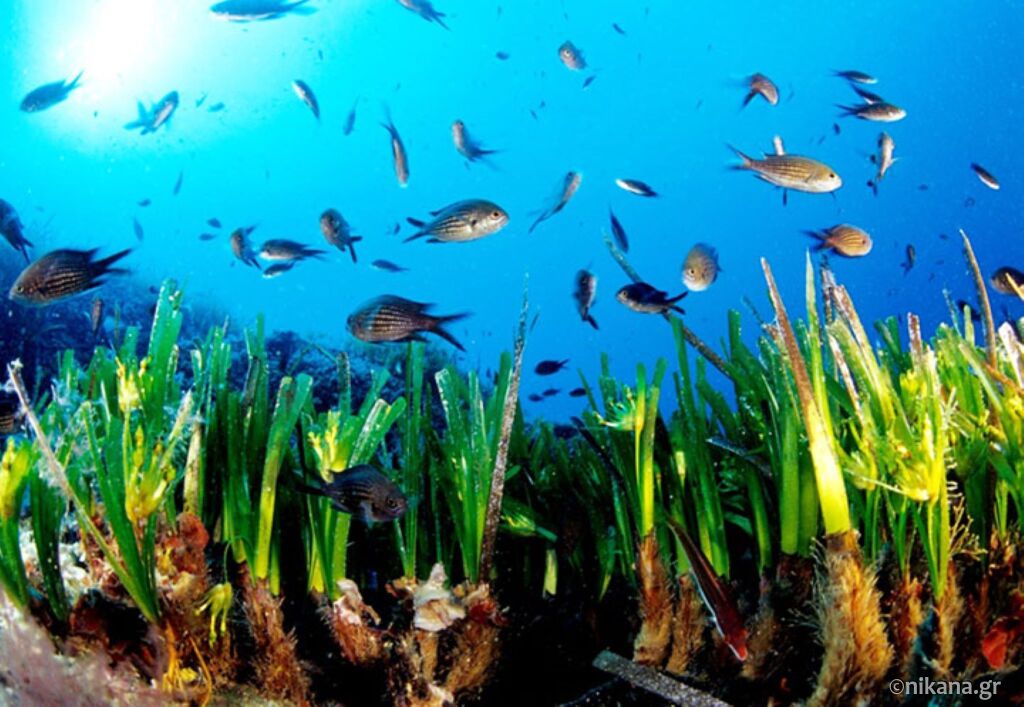
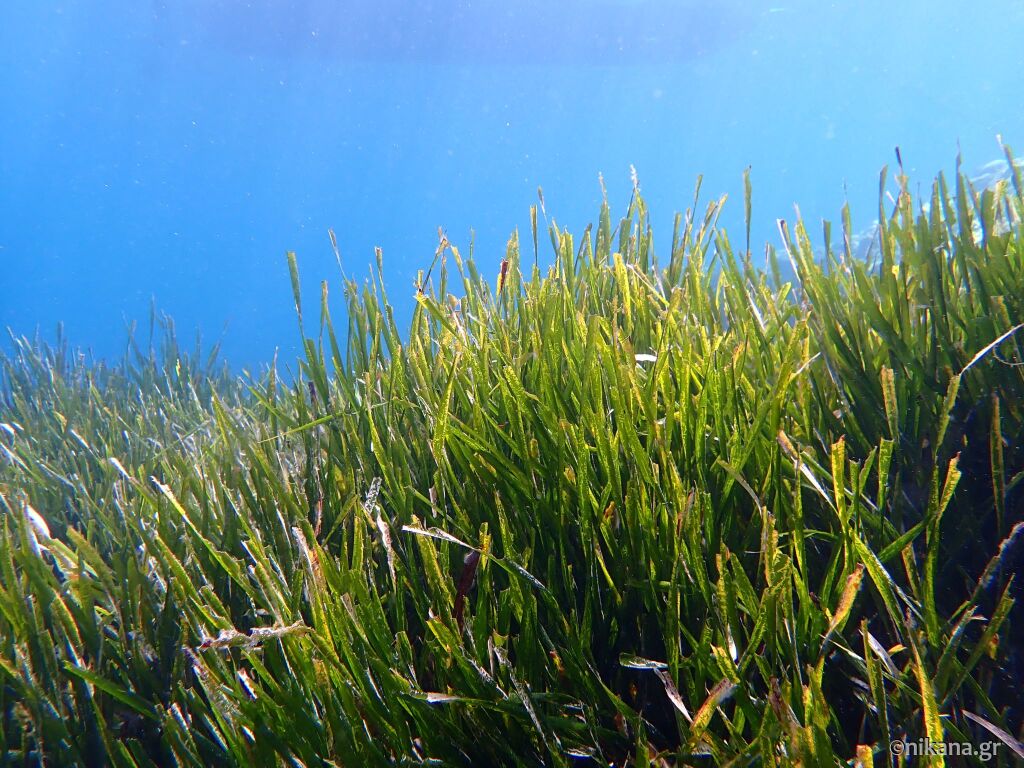
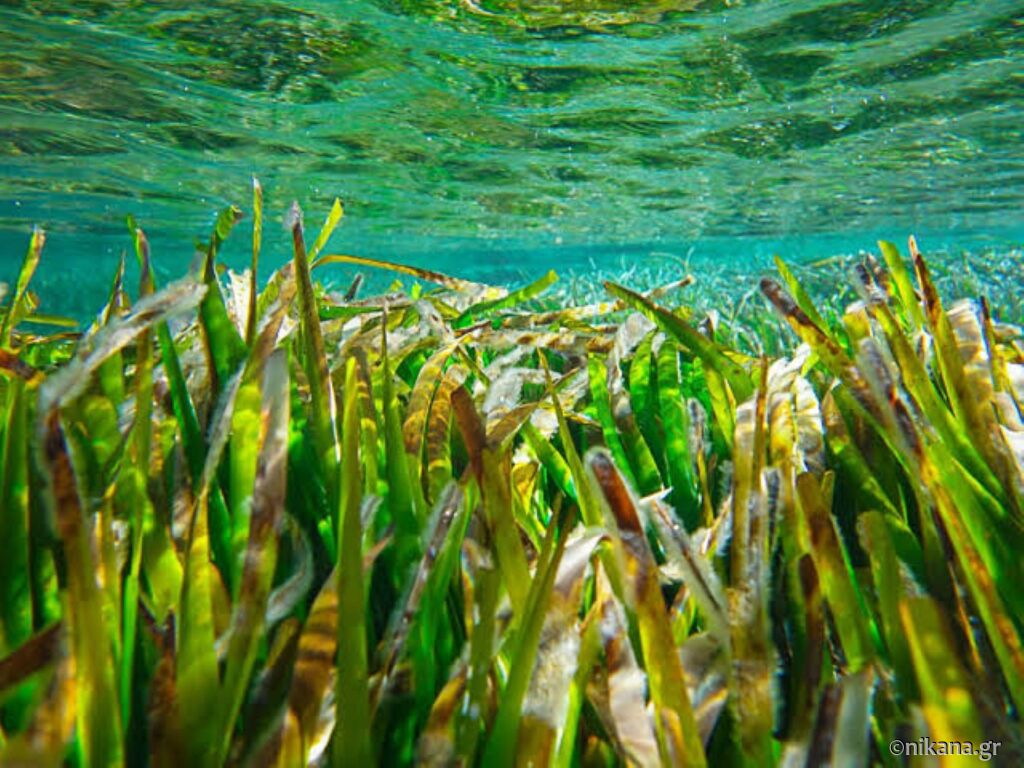
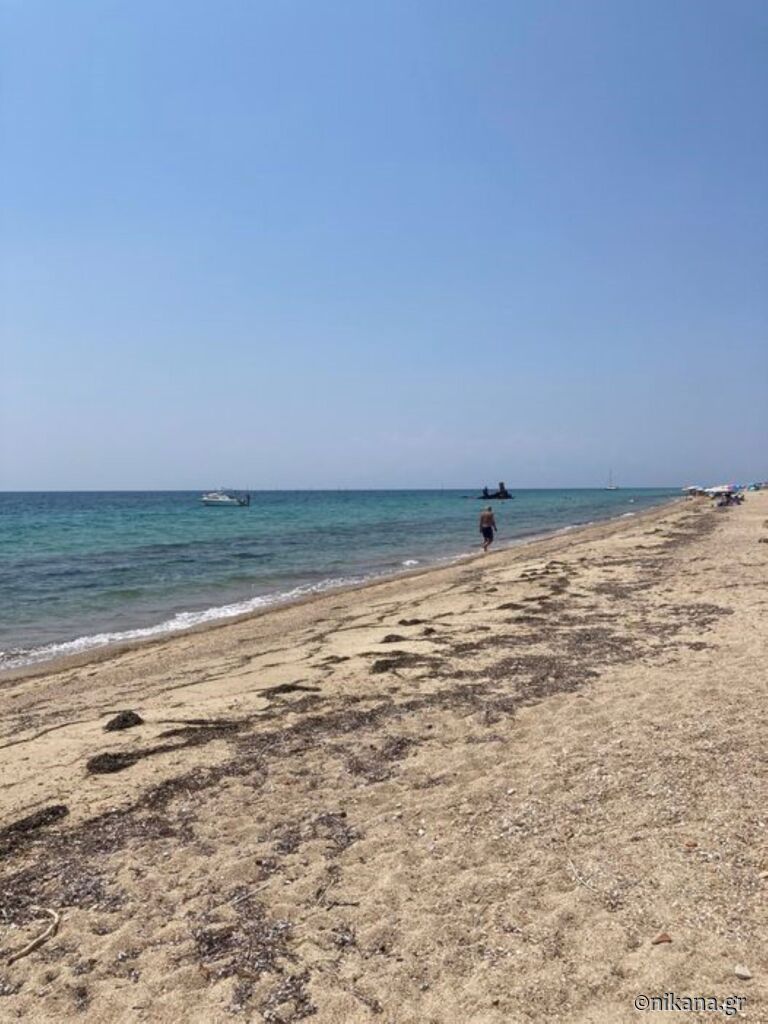
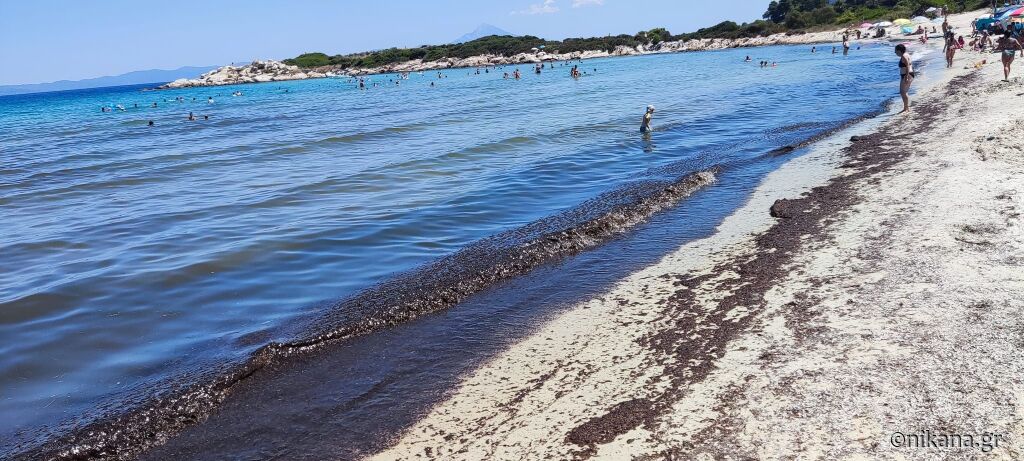
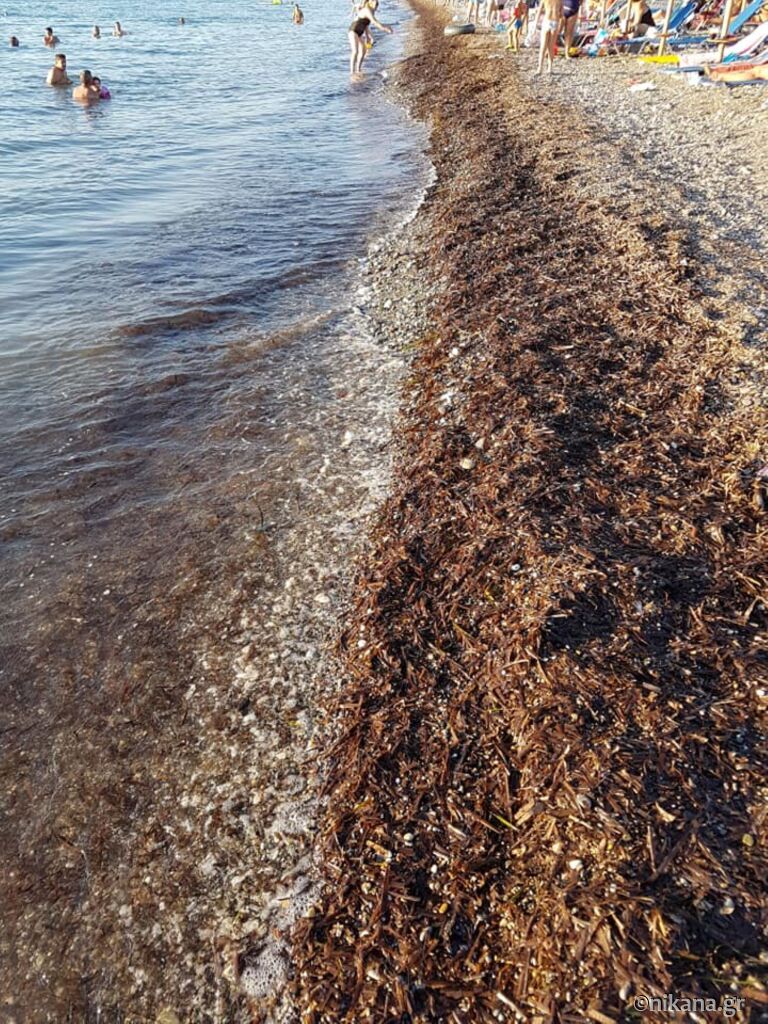










Post a Comment
NOTE
All your questions in the comments will receive an answer via email so check your inbox shortly after you posted comment. For more detailed questions and responses, contact us via mail nikana@nikana.gr.